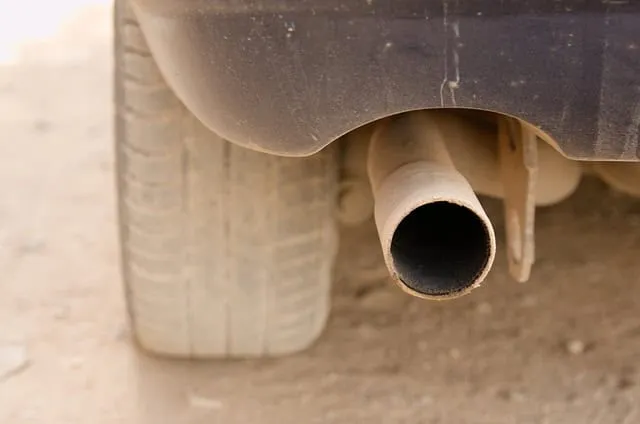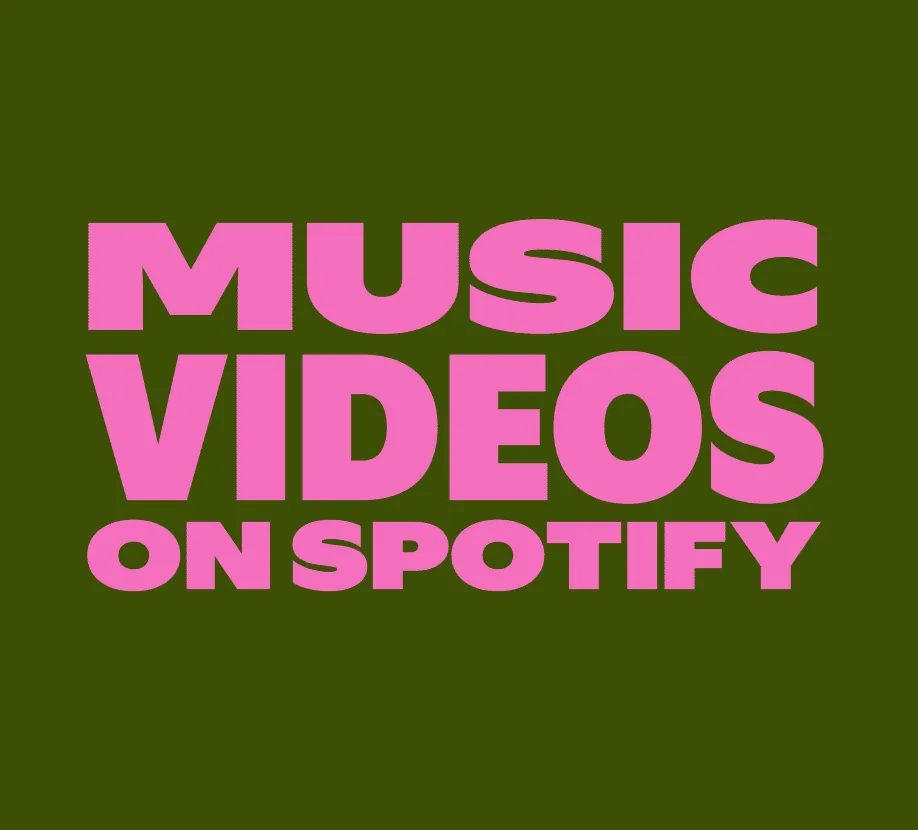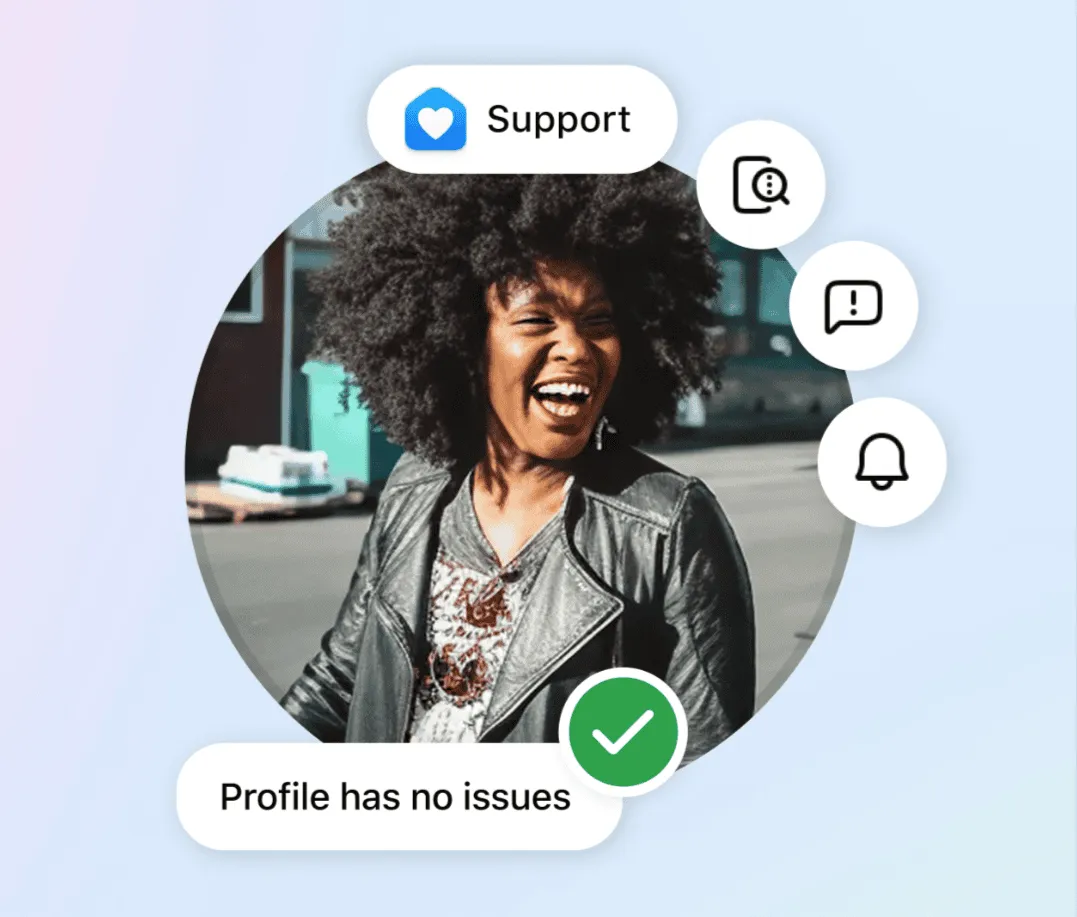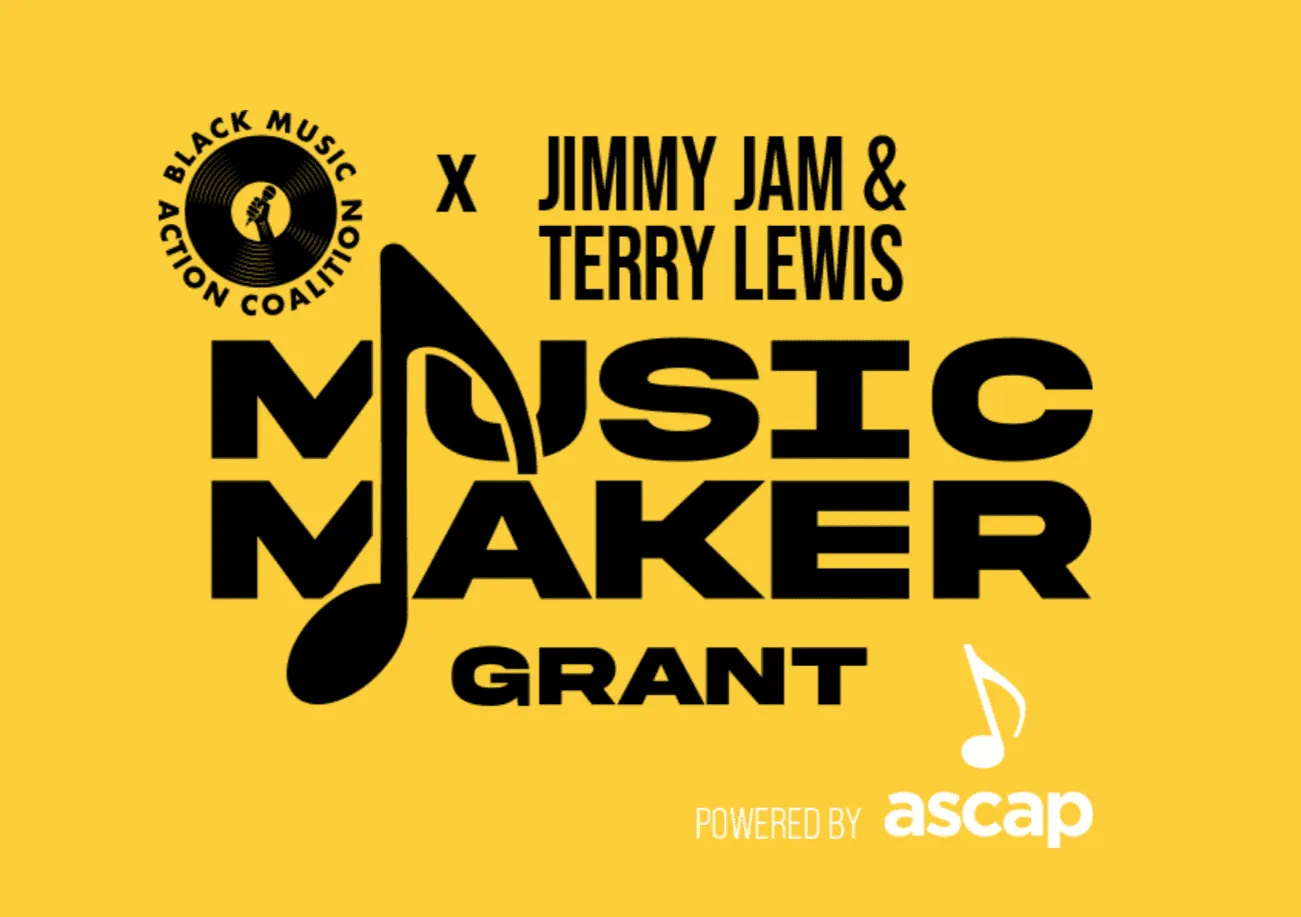A main theme that has dominated my thinking on the music and record industries has been the emerging digital ecology of music culture online. I’ve often wondered what will determine the shape of this ecosystem and have tried to determine the elements are essential to its health and sustainability. Many of the components of the physical world—the local record stores, radio stations, and venues—have been under siege for a number of years; they have disappeared or been dismantled and replaced. Mostly, by more commercial and corporate ventures.
Now, not all local ecologies of music are created equal, nor are they all in dire straits. Some may even be thriving. What I’ve always questioned though—that as the effects of digitalization and sociocultural evolution grow more apparent and more of the physical elements that we identify as being important to music culture fade away—are there things we lose that can’t be replicated?
For instance, local record stores have served as the constituent for informal music communities. They are a hub where like-minded, often musically inclined and critically aware people worked. Also, they functioned as a bulletin board for live shows and other related happenings, among other things. When a store of that nature goes out of business and what’s left is a Wal-Mart or Target. Many of the functions that it facilitated are lost in the transition. For the reason that big-box retail outlets don’t catalyze the formation music communities.
Those elements—the people, location connections, and culture—are unique to the record store. Wal-Mart sells music, sure, but they don’t promote any activity in the lives of fans beyond consumption. Moving forward, beyond live shows, most people's interaction with music culture will be online. To be sure, the cultural experience of music is much broader and far-reaching than record stores and radio stations, but they are what we associate with music. So, anyways, here’s the question: what elements are essential to the emerging digital ecology of music culture online and, in the transfer from the physical to digital world, are there elements that we lose—that we don’t get back?*
*This is no small question, but the idea is to take your comments, expand them, and form them into a post. I'd greatly appreicate at least a few views on this.




